The views expressed in our content reflect individual perspectives and do not represent the authoritative views of the Baha'i Faith.
One of the most interesting points in the writings of Abdu’l-Baha is that he provides the same definition for four different things – nature; religion and religious law; science; and love:
Now concerning nature, it is but the essential properties and the necessary relations inherent in the realities of things … As one’s vision is broadened and the matter observed carefully, it will be made certain that every reality is but an essential requisite of other realities … Consider the body of man, and let the part be an indication of the whole. Consider how these diverse parts and members of the human body are closely connected and harmoniously united one with the other. – Tablet to Professor Auguste Forel.
In this statement, Abdu’l-Baha defined the realm of nature as “the necessary relations inherent in the realities of things.” That statement, written in 1921, two months before Abdu’l-Baha’s passing, employs the same terms used throughout his various writings to define religion, science, and love as well.
This similarity of definition does not mean that these four realities are exactly the same. However, it indicates that all of them comprise various forms of relationships. In addition, it indicates that despite their differences, the truth of all reality is ultimately one and the same – that all things are in truth spiritual realities.
A different expression of this same definition had already been advanced by the French philosopher Montesquieu in the early 18th century. In a fascinating way, Abdu’l-Baha’s definition functions as both an affirmation and a complete reversal of the way it was understood in the philosophy of the Enlightenment.
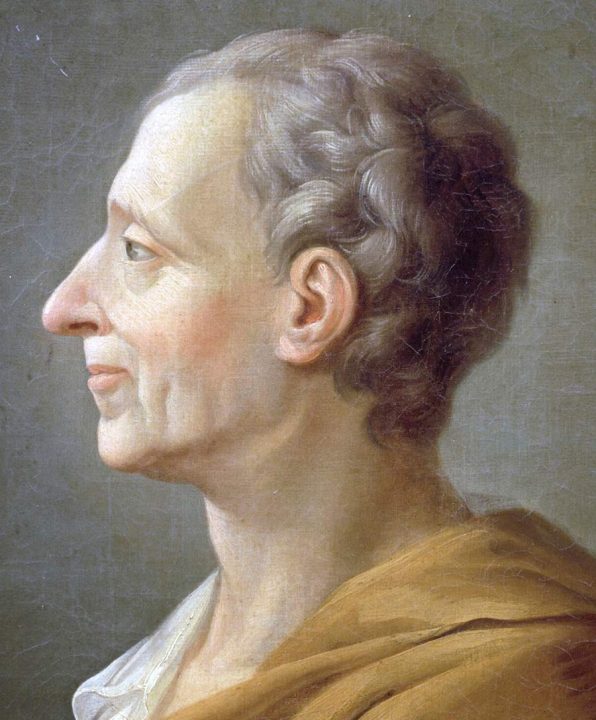
Montesquieu’s definition is the beginning sentence of his famous book The Spirit of Laws. In defining laws, he wrote: “Laws, in their most general signification, are the necessary relations arising from the nature of things.” This concept became a main philosophical idea during the Enlightenment, and almost all Enlightenment philosophers frequently spoke of the nature of things. For example, human behavior is subject to the universal law of utilitarianism, or the rational pursuit of self interest. Montesquieu’s worldview partly differed from most of the subsequent philosophers of the Enlightenment, but his definition of law became a basic element of their worldview.
Although Abdu’l-Baha used the same definition – which means that like philosophers of the Enlightenment he believed reality is subject to laws – he radically changed the meaning and implications of the definition. Consequently, Abdu’l-Baha employed the Enlightenment definition to deduce from it the exact opposite meanings. In this short reflection we will explore three of these novel meanings.
1. Reality as Dialogical
The 18th century French philosophy of the Enlightenment advocated a radical atomistic and individualistic conception of reality. In this view, real things are solid individual phenomena defined by their specific natures. Relationships, therefore, are only secondary products of the solid individual things.
In the realm of Enlightenment society, for example, individuals have a fundamental nature, namely they are rational and pursue their own self-interests. Society and social relationships, therefore, are products of the exchanges among these individuals who relate to each other in order to further their interests. That is why particular forms of social organization accord with the nature of human beings.
Abdu’l-Baha’s definition of nature and religion, on the contrary, imply the primacy of relationships over individual things.
In the quotation above, first Abdu’l-Baha defined nature as the necessary relations arising from the realities of things. But then he went on to say that if we observe the matter more carefully we will find out that “every reality is but an essential requisite of other realities.” In other words, the reality of all things are interdependent, and this interdependence and mutual relations constitutes the primary truth of nature. This dialogical concept of reality emphasizes relations, totality, and reciprocity as the truth of being. From a Baha’i perspective, then, society is not just the sum of individuals – instead, social relationships include and constitute both society and individuals.
When philosophers of the Enlightenment contemplated reality they thought of objects and mechanical artifacts. But when Abdu’l-Baha considered reality, he saw them as organic beings. In the above quotation, he used the example of human body:
Consider the body of man, and let the part be an indication of the whole. Consider how these diverse parts and members of the human body are closely connected and harmoniously united one with the other.
2. Historical Consciousness
Another element of the worldview of the philosophers of the Enlightenment was their static conception of society. They understood reality in terms of objects, emphasizing a mechanistic view of the world. Since individuals were defined as having a universal nature, and social institutions were reflections of that same nature, society itself was perceived as a static reality. In that view, only one form of society and social institutions accord with the nature of things, and once in existence it will never change – which means that the social order advocated by the Enlightenment is an unchangeable natural order for all human beings.
Abdu’l-Baha’s message was the opposite, defining reality as a set of organic relationships and therefore, understanding being as a living, growing, developing and historical reality.
In his Treatise on Politics (Risaliyi Siyasiyyih), Abdu’l-Baha defined religion as the necessary relations arising from the realities of things. On the basis of that definition, he compared religion to the necessary medicine for healing the specific forms of illness that afflicts the body politic. Since this body organically changes and grows, its character, needs, and problems change as well.
For Baha’is, then, every messenger of God represents the same physician, who knows the necessary relations of this organic reality and brings about new remedies which correspond to the changing conditions of humanity. The same definition, therefore, becomes the occasion for affirmation of historical consciousness, namely the dynamic character of social reality and its ever-advancing development.
3. Volitional Necessity
Philosophers of the Enlightenment understood reality as governed by necessary relations, but for them this defined the world as a mechanical and material reality. The law of causation, therefore was perceived as a natural and logical necessity rooted in the nature of things. Consequently, the philosophers of the Enlightenment were likely to deduce from such an idea, a naturalistic, materialistic and sometimes atheistic concept of the universe.
Interestingly, in his Tablet to Auguste Forel, Abdu’l-Baha used this definition in order to defend a spiritual worldview and offer an argument for the existence of God. Immediately in that same paragraph, he compares the realm of nature to a human body, whose unity is sustained by a living mind. God is the ground of the reality of the universe. But in that same tablet, Abdu’l-Baha presented another novel and complex argument to prove the existence of God – that nature is defined by necessary relations, but this necessity is not a logical or compulsory necessity. Instead, it is a volitional necessity. The relations and laws of the universe are neither accidental nor a logical necessity. On the contrary, they are necessary and regular because a Supreme Power has willed it that way.
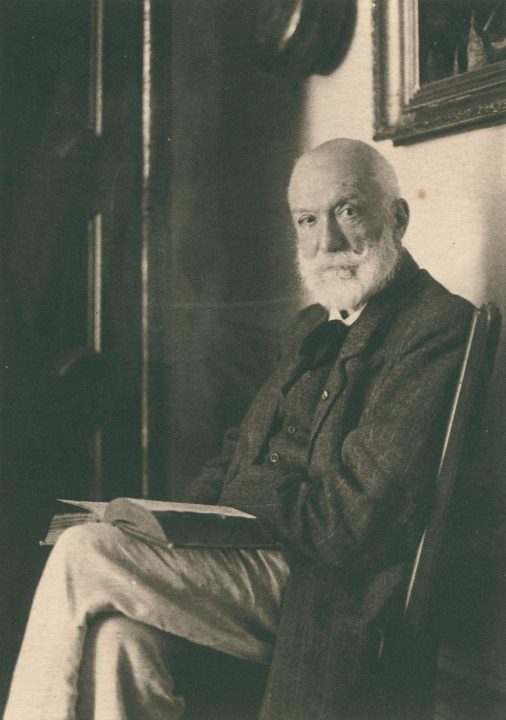
In discussing this point, Abdu’l-Baha argued that we ought to think about these relationships – the laws of causation, including the processes of composition/formation and disintegration – in three possible ways. They can be accidental or random; logical or a compulsory necessity; or a volitional necessity.
He then showed that necessary relations cannot be random, otherwise there would not be consistent regularity in the forms of causal sequence – the scientific law of cause and effect. Next, he showed that they are also not a logical necessity, since they cannot be deduced from the definition of things. Consequently, they are a volitional and mystical necessity – which means that even the most materialistic events of nature are in reality deeply mystical and spiritual processes.
In modern Western philosophy it was David Hume who first rejected the concept of causation as a logical necessity, defining it as a mere regular sequence. As Hume noted, we can discover the laws of causation ultimately on the basis of experience and not through a logical deduction. For Abdu’l-Baha, the universe is ruled by necessary relations, yet this necessity is a reflection of an eternal divine Will. In the Tablet to Auguste Forel he wrote:
Now, formation is of three kinds and of three kinds only: accidental, necessary and voluntary. The coming together of the various constituent elements of beings cannot be accidental, for unto every effect there must be a cause. It cannot be compulsory, for then the formation must be an inherent property of the constituent parts and the inherent property of a thing can in no wise be dissociated from it, such as light that is the revealer of things, heat that causeth the expansion of elements and the solar rays which are the essential property of the sun. Thus under such circumstances the decomposition of any formation is impossible, for the inherent properties of a thing cannot be separated from it. The third formation remaineth and that is the voluntary one, that is, an unseen force described as the Ancient Power, causeth these elements to come together, every formation giving rise to a distinct being.
You May Also Like
Comments



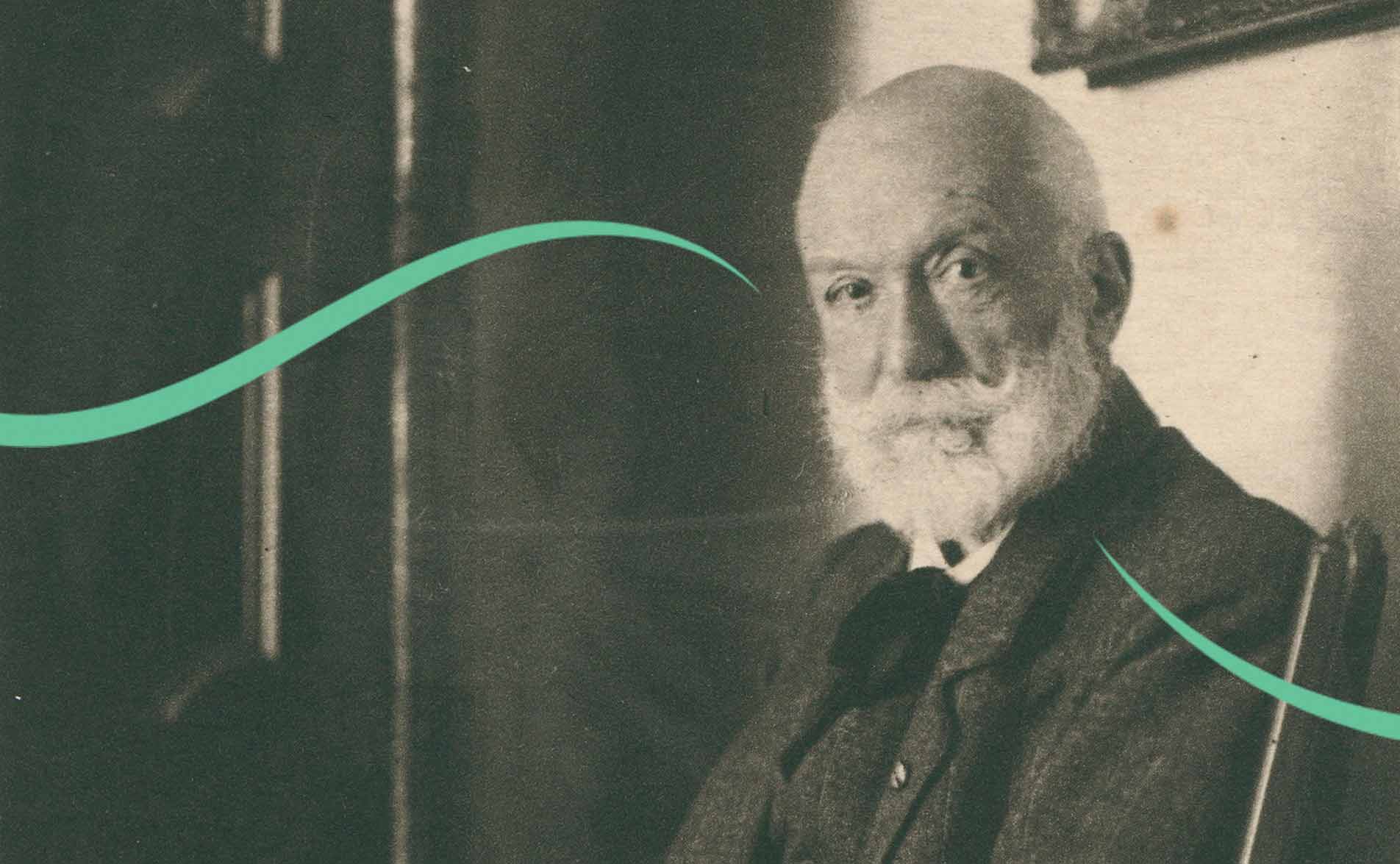
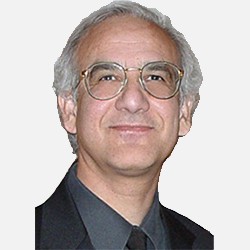


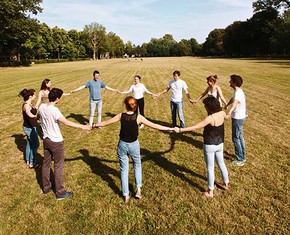









The most knowledgeable individuals cannot alone discern all chronic illnesses or diagnose societal issues. Only God has the authority to establish laws and comprehend the intricacies of existence. Despite centuries of refinement, European law remains imperfect and adaptable to evolving insights.
Enter researchbahai dot com, the page of Dr ...Saiedi